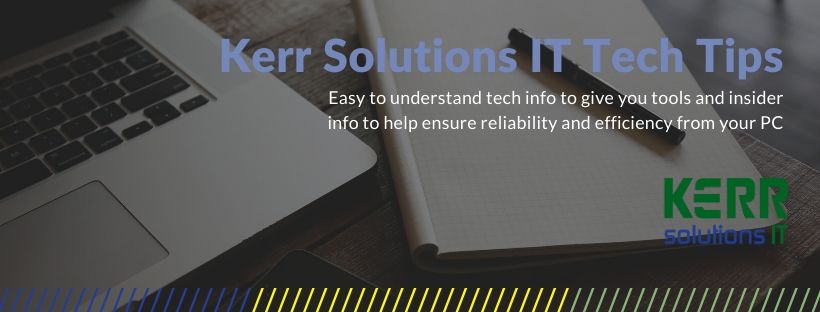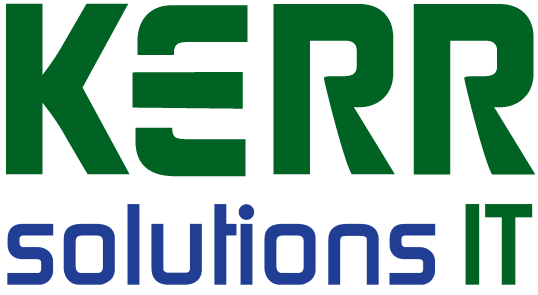– Computer Specs 3
Continuing on our quest to obtain and maintain a useful PC, this week we delve further into the significance of some of the computer specs that are floating around in our industry. Most hardware manufacturers know that their typical target buyers struggle to understand the relevance of most of the published computer specifications and they take advantage of this.
In many instances they are trying to talk up a lemon by introducing a less relevant specification – like CPU Cache or Hard Drive buffer size. When they throw in a less publicised specification from left field the consumer is left wondering if the other devices that they are considering even have a CPU Cache or Hard Drive buffer. This does not help the end user.

So, here we will try to break it down to the vitals, starting with the specs that EVERY computer needs and finishing off with screen specs and weight that are most relevant to laptops. Every computer (desktop or laptop) needs a CPU – this is the brain of the show. Just like a car motor, these vary considerably in their operating speed (GHz), their number of cores, their number of threads, their Cache size and their overall efficiency.
No single CPU specification can tell you the full comparative story of how powerful a particular CPU is – so our industry has ‘invented’ a comprehensive series of tests to allow us to have one benchmark figure which allows the average layman to compare apples with apples. Referred to in many of my previous articles – these benchmark results can be found at www.cpubenchmark.net once you know the CPU model that you have or are considering.
For simple Internet browsing, emails, photo viewing, the ability to draft some documents and efficiently run Windows 10, a benchmark score of at least 2,000 is desirable. For constant office work, where time and efficiency is at stake then a benchmark of at least 4,000 will soon pay for itself. For PC gamers, professional photographers, web designers, engineers and other general power users that work with large files or many files at the same time a benchmark of a least 8,000 makes sense. We keep stocks of computers with benchmarks around 14,000 and have sold many with benchmarks as high as 20,000.
The fact that we can still find brand new computers being advertised for sale today with benchmarks less than 2,000 is indicative of how much some of the bigger players in our industry don’t what you to know these facts. Moving onto a simpler specification we look at RAM (random access memory) – which again, EVERY PC will need. Normally sold in 4GB or 8GB or 16GB modules the sweet spot in the performance vs price bubble is currently to have 8GB of RAM. 4GB is simply going to present performance issues and for most users 16GB is wasting their purchase dollars.
Another relatively simple specification surrounds the capacity of the internal drive, the permanent storage device inside the PC. For the last 20 years we have seen the capacity of HDD’s (hard disk drives) grow exponentially to the point that an average HDD can contain 500GB of data. Please note: totally forget about HDD’s as they are obsolete for the average PC user. All modern computers should be equipped with a SSD (solid-state drive) and this should be at least 250GB in capacity. If you want to store lots of photos or larger files then you should consider a 500GB or 1TB or even a 2TB SSD.
Next week we will look at Video cards, USB ports, Wi-Fi, Bluetooth, Sound and hopefully get started on the size of screen sizes and weight in laptop devices.
Future Byte Me topics can be emailed to [email protected] and Bruce is still contactable at Kerr Solutions, 205 Musgrave Street or on 49 222 400.

We have developed a brilliant self-help troubleshooting section on our website – so if you are having computer problems, but can still browse the web, please check it out. Click here to go to Kerr Solutions IT Troubleshooting
For more advice and assistance from Kerr Solutions, like and follow us on Facebook
Need IT support?
Phone Kerr IT to gain expert computer support.
Call now on 49 222 400
So you can Delete your computer problems!
Kerr Solutions IT are open for business as usual and as well as providing phone / remote control support, we can also pick up your problem PC via your doorstep & return it all sorted – or return a complete replacement PC.
Please phone us on 07 49 222 400 during business hours for help, support and sales or email us [email protected]
